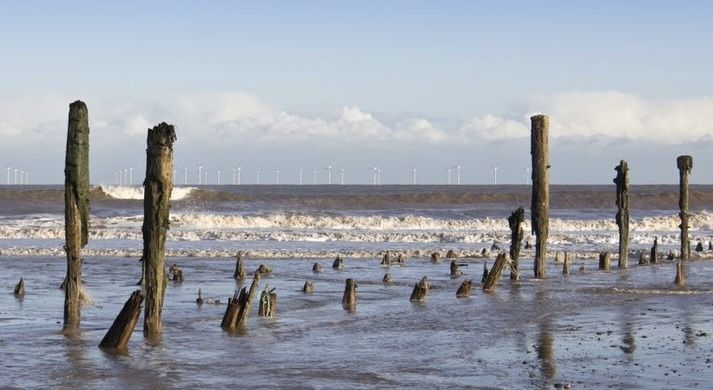National Grid has submitted its application for development consent for Sea Link to the Planning Inspectorate.
By connecting two parts of the network – Kent and Suffolk – Sea Link will create additional capacity in both regions and in the wider network.
The project will boost energy security and help deliver cleaner energy strengthen Great Britain’s energy network, National Grid said.
As part of the grid upgrade, the Sea Link project is designed to increase electricity capacity, as demand for energy is set to double, ensuring more renewable and low-carbon power reaches homes, business and public services.
The proposed 138km connection, from Pegwell Bay in Kent to a point on the Suffolk coast between Aldeburgh and Thorpeness, will run mostly offshore. Around 122 km of the cables will be located under the sea with underground cables then linking to converter stations so electricity can be transported to where it is needed in East Anglia, Kent, and the rest of the country.
Following multiple rounds of public consultation between 2022 and 2025, National Grid has developed plans for the project, considering feedback from communities and stakeholders in Suffolk and Kent.
The application will now be considered through the Nationally Significant Infrastructure Project (NSIP) planning process led by the Planning Inspectorate. The public will have further opportunities to provide input during the examination stage, it said.
Adrian Pierssene, Project Director for Sea Link said:
“We have listened to and considered all the feedback we have received, shaping the plans we are submitting as a result.
“Sea Link is a vital investment in Great Britain’s energy future, creating the extra capacity needed to integrate renewable power into the grid, boosting energy security and supporting a cleaner electricity network.”
Image courtesy of National Grid












